Burma’s Stubborn State
Although freeing Aung Suu Kyi may allow Burma’s military leaders to escape scrutiny for now, their budding nuclear ambitions could rejuvenate international interest in placing pressure on their regime.
 Courtesy: Mike Russia/Wikipedia
Courtesy: Mike Russia/Wikipedia
Although freeing Aung Suu Kyi may allow Burma’s military leaders to escape scrutiny for now, their budding nuclear ambitions could rejuvenate international interest in placing pressure on their regime.
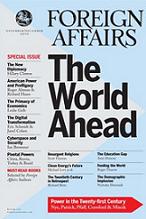 Courtesy:
Courtesy:
A major strategic challenge for the United States in the coming decades will be integrating emerging powers into international institutions. To hold the post war order together, the US will have to become a more consistent exemplar of multilateral cooperation.
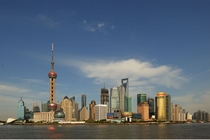 Courtesy: Pyzhou
Courtesy: Pyzhou
In a bid to end its dependence on foreign intellectual property and become a global power in science and technology, China is attempting to foster indigenous innovation. Are the U.S. government and business community right to be worried about threats to free trade and intellectual property rights?
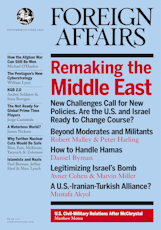 Courtesy:
Courtesy:
The world’s leading international institutions may be outmoded, but Brazil, China, India, and South Africa are not ready to join the helm. Their shaky commitment to democracy, human rights, nuclear nonproliferation, and environmental protection would only weaken the international system’s core values.
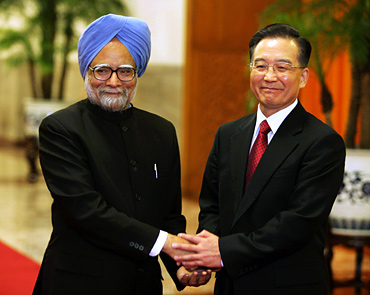 Courtesy:
Courtesy:
Tensions over visas and diplomatic standoffs between India and China serve as a precursor for the bitterness that will ensue in their relationship unless there are significant advances in the bilateral relationship
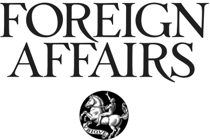 Courtesy: Foreign Affairs
Courtesy: Foreign Affairs
The global financial crisis has had detrimental effects on banking and personal finance systems across the globe. Will this crisis affect remittances, thereby disturbing the lives of several million people dependent on their relations' earnings abroad?